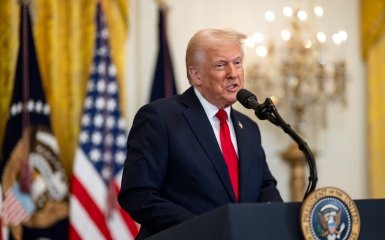According to the Ministry of Environment and Natural Resources, repeated pollution is moving along the Seim River in Kurshchyna at a time when the situation is stabilizing in the Desna River on Ukrainian territory.
Points of attention
- The Ministry of Environment reports repeated pollution moving along the Seim River in Kurshchyna towards Ukraine, while water quality indicators are improving in the Desna River.
- Chemical oxygen consumption in the Seim River exceeds the norm, but there are signs of improvement in some areas.
- Improvement is recorded at specific points along the Seim River, such as increased water transparency, although challenges like chemical oxygen consumption exceeding norms persist.
- The Desna River shows signs of improvement with clearer water, presence of living aquatic bioresources, and absence of unpleasant odors.
- While improvements are seen in the Desna River, there is a concern that re-pollution from the Seim River may impact Ukrainian territories.
- Analysis of water quality indicators along the Seim River reveals variations in different points, with issues like chemical oxygen consumption exceeding norms and manganese content exceeding limits.
What is known about the situation with water pollution in the Seim River in Kurshchyna and its likely consequences for Ukraine
Repeated pollution continues to move along the Seim River. The improvement is recorded under item p. Chumakovo — the transparency of the water has increased, but the yellow-green shade remains, in some places it is grayish. In the points of Mutin et al. Ozarichy water is cloudy, the level of chemical oxygen consumption exceeds the norm by 4.3 times. There is no dissolved oxygen. In the Baturyn point, there is a darkening of the water, a slight specific smell, and no fish plague is observed. Chemical oxygen consumption exceeds the norm by 1.1 times. The oxygen regime is normal. Exceeding the manganese content — up to 1.3 times. No excesses were recorded for ammonium nitrogen, total iron, nitrites, phosphates and chlorides. Further downstream, water quality indicators did not change during the day. The water is clear, there is practically no sediment at the bottom, there is no unpleasant smell, no fish plague is observed, — the Ministry of Environment notes.
What is known about the water situation in the Desna River
The agency emphasized that the situation in the Desna River is improving.

In the entire length of the Chernihiv region, the water has become lighter, in some places there is no sediment of a dark color on the bottom, an unpleasant smell and fish plague. Living aquatic bioresources appear in the river. The movement of pollution in the Kyiv region is not recorded, the message emphasizes.







